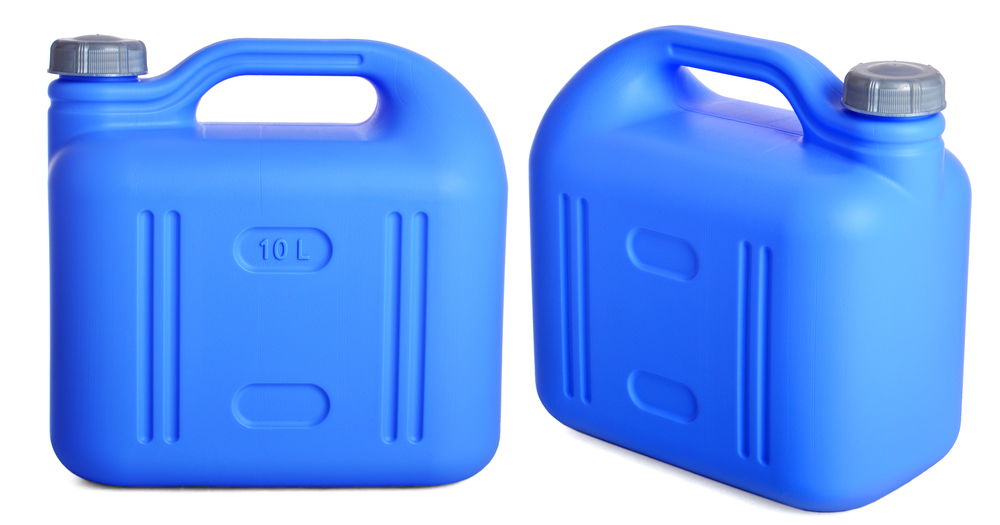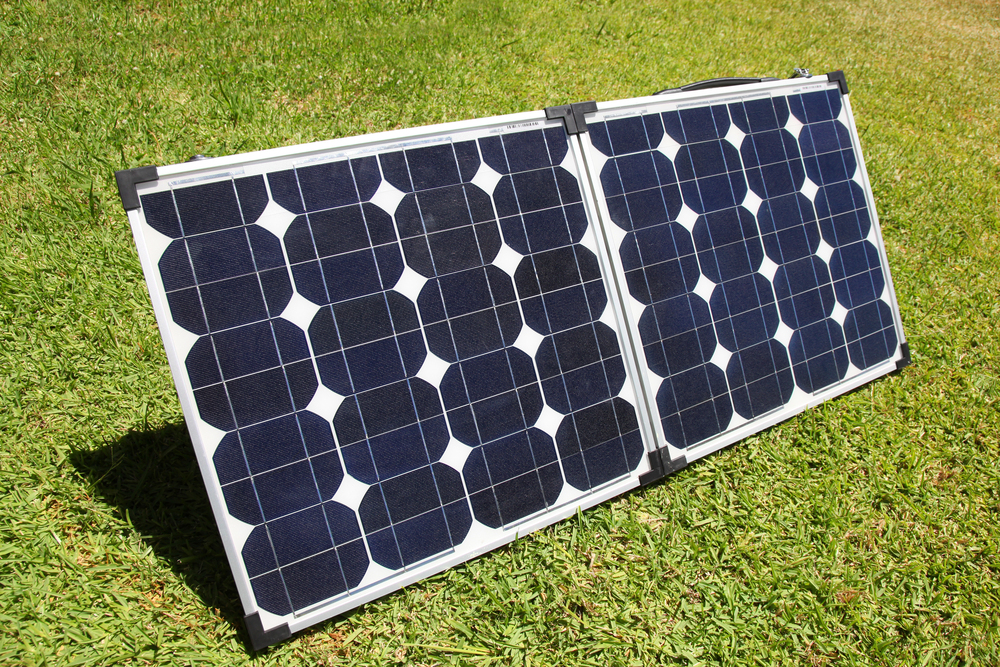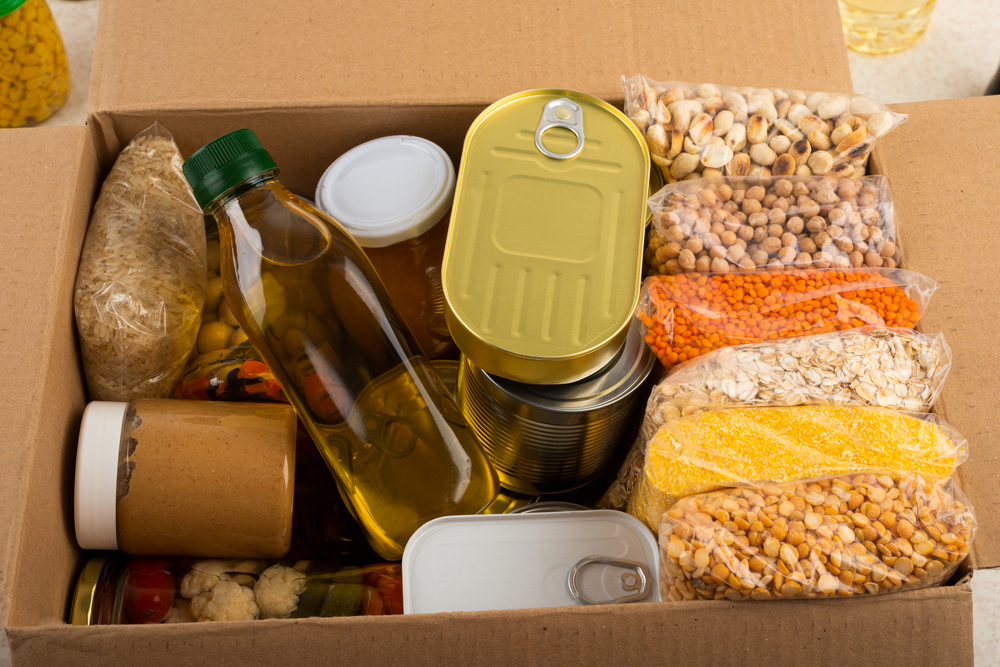“Linda! Have you seen the news? It’s happening! The SHTF. I don’t know if it’s temporary or if it’s TEOTWAWKI, but you better grab the BOBs, jump in the BOV, and meet me at the BOL.”
Every community has its own language. If you’ve been prepping for any length of time, you’ve probably come across a few of the basic terms that preppers use, that are just baffling alphabet soup to non-preppers.
The first one is, “SHTF.” As in, what should we do in a SHTF situation? It stands for – well, this is a family prepping site, but I’ll just say “Stuff hits the fan.” Except it’s a four letter word beginning with S.
The other one is, TEOTWAWKI. Sounds sort of like a word in some exotic language, but it stands for The End Of The World As We Know It.
That’s just the beginning. There are dozens of commonly used acronyms and prepper sayings to get familiar with. If you’re trying to meet up with and work with other like-minded folks – and you should – it will help to know the lingo. Here are some more of the most common prepper acronyms and phrases that are used in the prepping community:
Common Prepper Lingo:
- A.L.I.C.E. – All Purpose Lightweight Individual Carrying Equipment Bag. Designed to distribute weight appropriately for more comfortable and efficient wear.
- BOB: Bug Out Bag, which is stocked with emergency supplies that you will need if you have to flee your home.
- BOL: Bug Out Location – the safe, hopefully remote, location where the family will meet up.
- BOV: Bug-out vehicle.
- Bugging In: Staying home during a disaster. You’ll want to be well-supplied and well-armed.
- Bugging Out: When you have to leave home due to fire, flood, tornado, civil war, earthquake, etc. You’ll want to keep your vehicle in excellent shape, and have cans of extra gas, and keep them hidden in your car in case people get desperate. You’ll need to have your BOBs for each family member packed with essentials, and if you have to abandon your car and walk on foot, your BOB has to be light enough for you and each family member to carry.
- Cache: Hiding supplies near your house, or on the route you will take home from work or school.
- CME: Coronal Mass Ejection. Large expulsions of plasma and magnetic field, from the sun’s corona. Unpredictable, and can interfere with the power grid. The Carrington Event, in 1859, was a famous example of this; it played havoc with the newly developed telegraph system and even shocked telegraph operators. As in, they were zapped, not surprised, although they were also probably very surprised.
- EDC: Everyday carry. The emergency items that you always have on you. Paracord, multi-tool, compass, faraday bag for your cell phone, are some good examples of things to include in your everyday carry kit.
- EMP: An electromagnetic pulse. When detonated, some weapons emit an EMP that will fry electronics, shutting down cell phones and cell phone towers and computers and many cars, over a wide geographical area.
- Faraday cage: Faraday cages can protect items from EMPs.
- Freedom Seeds: Bullets.
- FIFO: First In, First Out. Rotate the food in your pantry so it doesn’t expire.
- Golden Horde: They sound pretty, don’t they? They’re not. It was initially a term to describe Genghis Khan’s invading hordes. These days, it is used to describe the mob of hungry people who will swarm from the cities in a grid-down situation or any other long term disaster, after food runs out.
- GHB: Get Home Bag. If the grid goes down when you’re at work, this has the supplies to help you get home.
- INCH: I’m Never Coming Home. Or, I’m Not Coming Home. Can be a coded message to your family telling them not to return to the house. Your INCH supplies assume that things have gotten so bad that you can not return home, and will have to sustain you wherever you are re-locating to.
- MAG: Mutual assistance group. Forming one before SHTF could save you and your family’s lives.
- OPSEC – Operational security. Do not tell strangers or the general public that you prep, because when SHTF, they will remember that you have supplies.
- Off-grid: Living off the grid, not relying on electricity. Growing your own food, raising your own livestock, canning and preserving, and having your own water source.
- Sheeple: The people who believe everything that the government says and feel no need to prep.
- WROL: Without Rule of Law. If society collapses, it’s going to end up being every man/family for themself. The safest thing to do in this situation is to band together with like-minded people for defense, because at this point, there is no calling 911 and nobody’s coming to save you.
- YOYO: You’re on your own. Again, nobody’s coming to save you.
And, here are a couple more phrases common in the prepper community: The rule of three. People can survive for three minutes without air, three days without water, three weeks without food.
And finally, Two is one and one is none. ALWAYS have backups of your most vital supplies – medicine, weapons, generator, communication devices. Because machines fail, supplies get damaged and lost.
Hopefully this list of terms has been helpful in your survival planning, and introduced some new concepts in preparedness for you.






